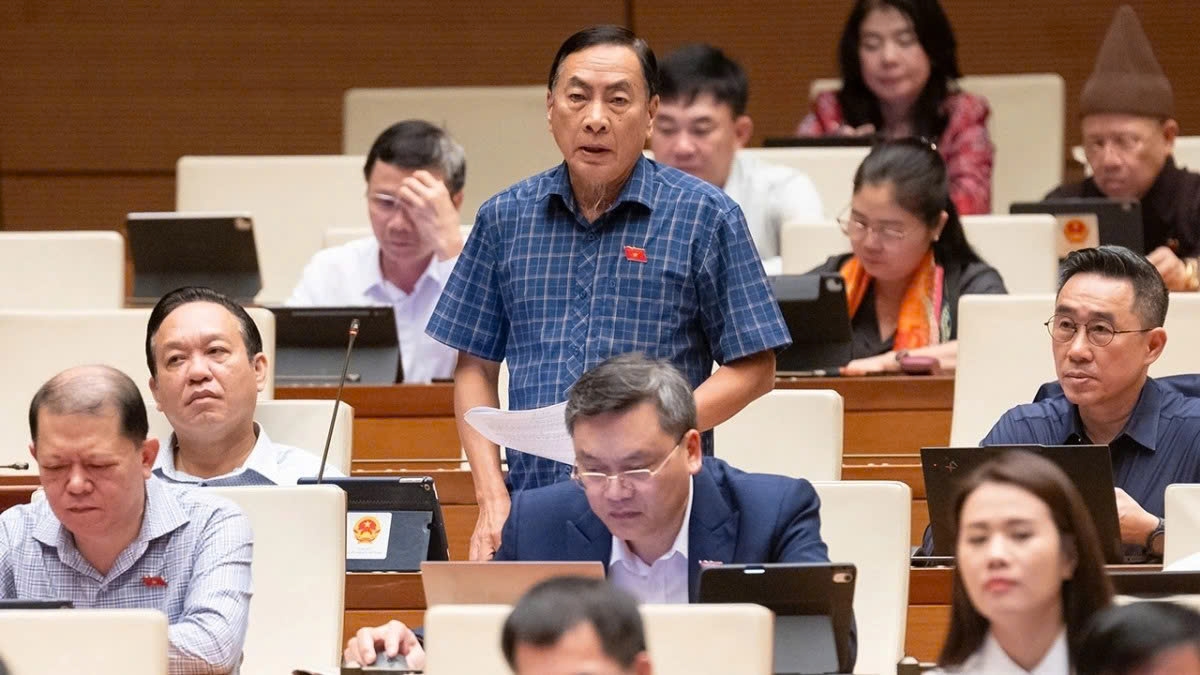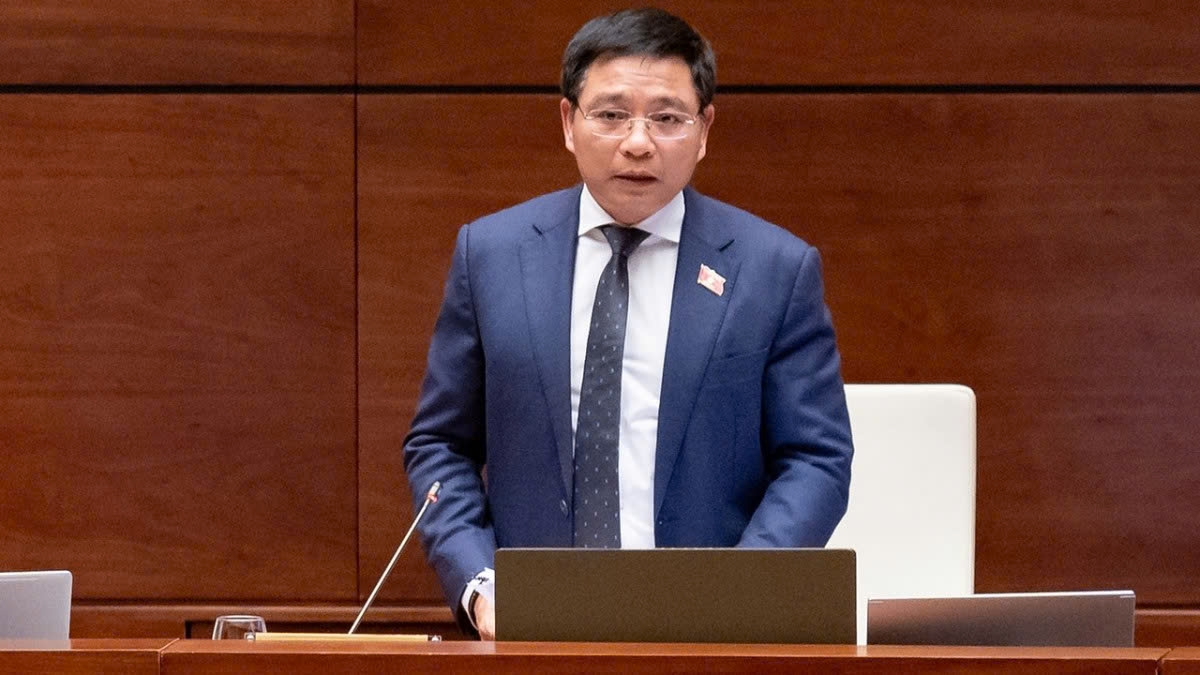NA advocates Pricing Law amendments to meet market conditions
VOV.VN - National Assembly deputies stressed the need to amend the Pricing Law to meet the requirements of decentralized management, transparent pricing and practical implementation, while discussing the draft law on amendments and supplements to certain articles of the Pricing Law in Hanoi on November 12.

They agreed that the amendments aim to institutionalize the Party’s policies and improve the legal framework in the context of a two-tier local government, while reducing administrative procedures related to price appraisal activities and reorganising inspection activities under the Government Inspectorate.
Decentralised management and price stabilization emerged as a major concern. Under the draft law, the responsibility for implementing price stabilisation would shift from district-level People’s Committees to commune-level authorities.
Deputy Pham Van Hoa of Dong Thap province expressed concern that commune-level staff are understaffed and lack expertise, making it difficult to carry out tasks previously handled at the district level. He proposed clear regulations on the responsibilities and powers of commune-level committees and coordination with provincial specialised agencies to avoid difficulties in implementation.
Pricing of medical examination and treatment services was another key topic. Deputy Tran Khanh Thu of Hung Yen province emphasised the need to allow ministries and equivalent agencies to set technical and economic norms, avoiding overlap and prolonged procedures.
She suggested revising the pricing of public healthcare services so that the Ministry of Health sets maximum prices, while ministries, equivalent agencies, and provincial People’s Committees determine specific prices according to professional levels, aligned with local realities, without changing the principles and methods already stipulated in the Law on Medical Examination and Treatment.
Regarding principles and basis for pricing, many deputies noted that current regulations are largely qualitative rather than quantitative, making practical implementation difficult.
Deputy Nguyen Truong Giang of Lam Dong province proposed amending Clause 2, Article 22 to specify clearer pricing bases, providing a foundation for state management agencies to set maximum prices or price ranges.
Similarly, deputy Thach Phuoc Binh of Vinh Long province pointed out that criteria for identifying goods and services priced by the State remain vague, mainly based on their impact on socio-economic stability. He recommended adding clear quantitative criteria, such as a CPI weight of 2% or higher, a market concentration index of 1800 points or above, or input cost increases of over 15% for three consecutive months affecting welfare, the economy, or people's livelihoods.
Regarding authority to adjust the list of goods and services priced by the State, he proposed allowing the Government to temporarily adjust the list for up to six months in urgent cases, reporting to the Standing Committee of the National Assembly afterward.

In response, Minister of Finance Nguyen Van Thang stated that the Ministry would continue reviewing the decentralisation of responsibilities and coordination among agencies and work with the Ministry of Health to revise regulations on medical services pricing, ensuring feasibility and practical application.
During the November 12 sitting, the deputies also discussed the draft Law on Civil Aviation of Vietnam (amended), emphasizing the important role of the aviation sector in promoting economic development, particularly in tourism and international integration.
They stressed that airport planning should be integrated with connecting transport systems, including high-speed and urban rail, with clear responsibilities for airport operators and authorities to ensure seamless travel for passengers and cargo.
The deputies also called for stronger protections for passengers in cases of flight delays or cancellations, including options for refunds, rebooking, and minimum care such as meals, communication, or overnight stays. In addition, they recommended encouraging participation from non-state and foreign investors to foster competition in pricing and services.




